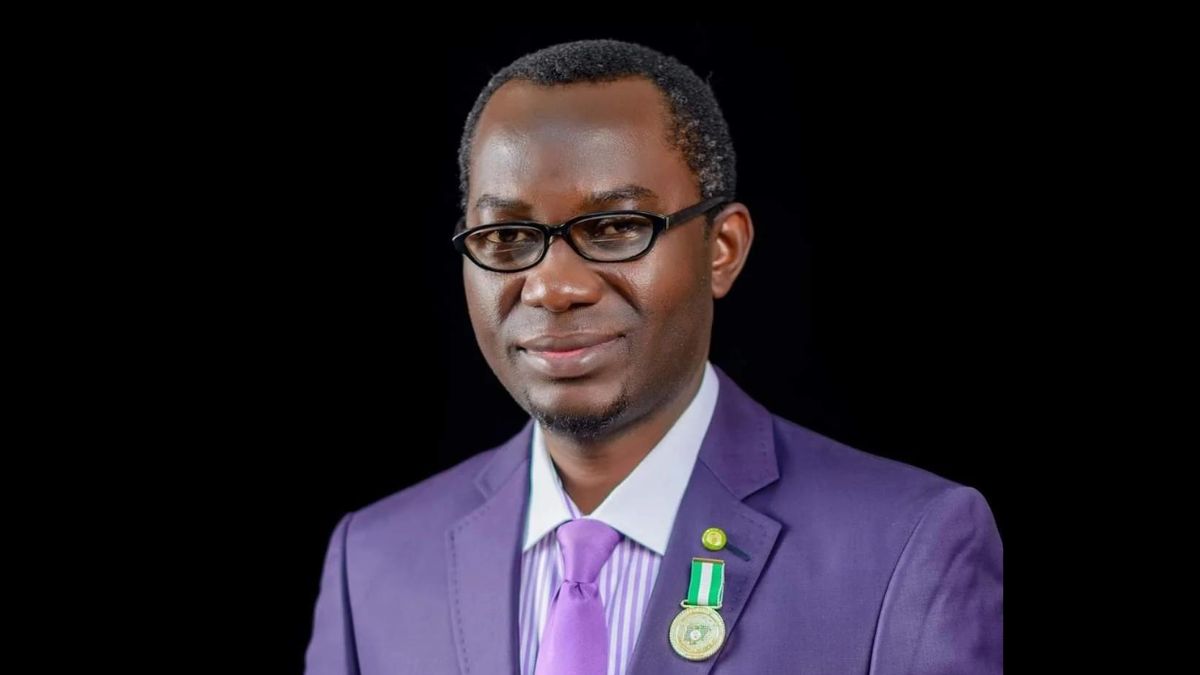Osahon Enabulele, President of the World Medical Association, has highlighted the need for Nigeria to have more than 250,000 medical doctors to meet the doctor-to-patient ratio recommended by the World Health Organization (WHO).
During a public lecture organized by the Federated Chapel of the Edo Council of the Nigeria Union of Journalists (NUJ), Enabulele pointed out that Nigeria currently has fewer than 100,000 doctors, which is significantly insufficient to meet the required doctor-patient ratio.
According to him, out of the approximately 98,000 registered doctors in Nigeria, only around 50,000 are actively practicing in the country. This situation falls far short of the international standard, where a doctor should ideally be available for every 600 patients. In Nigeria, the reality is that one doctor is responsible for over 3,000 patients.
Enabulele emphasized that Nigeria urgently needs to increase its doctor workforce to over 250,000 to address the current healthcare challenges effectively.
He also expressed concern that Nigeria lags behind in fulfilling the Abuja Accord’s resolution of 2001, which called for African countries to allocate 15 percent of their budgets to healthcare provision. While some nations are striving to exceed this target, Nigeria allocates only about five percent of its budget to healthcare.
Enabulele identified several issues affecting Nigeria’s healthcare system, including insufficient funding, inadequate infrastructure, unemployment, workplace conditions, remuneration, brain drain, economic challenges, inflation, and overall healthcare inefficiency.
To address these challenges, he proposed the establishment of a Health Service Commission that would better manage the healthcare system, enhance medical manpower, improve training, human resources, and strategic planning, among other vital functions.
In her welcome address, Onyenweli Mercy, Chairman of the Federated Chapel, discussed the increasing trend of Nigerians leaving the country, known as the “japa” syndrome, in search of better opportunities abroad. She emphasized the need for discussions and initiatives that promote patriotism and encourage decision-making for the greater benefit of the Nigerian people.




